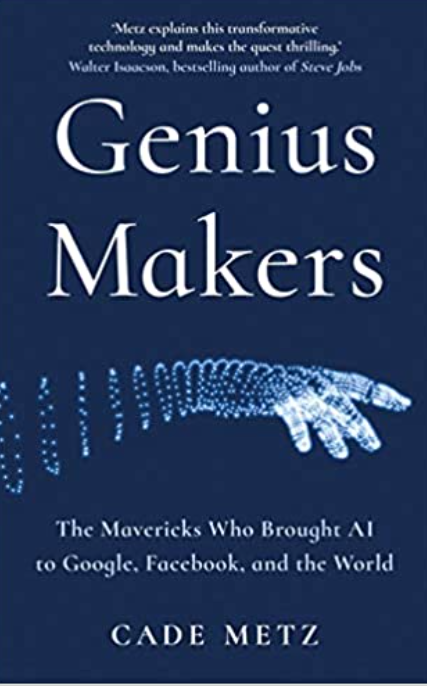
Be smart and human and what you might create


In the world of geeks, for decades two competing tribes of artificial intelligence experts have been furiously dueling with each other in research labs and conference halls around the world, with mathematical models and computer codes.
The connectionist tribe believes that computers can learn behaviour in the same way as humans do, by processing a vast array of interconnected calculations. But the Symbolists argue that machines can only follow discrete rules. The machine’s instructions are contained in specific symbols, such as digits and letters. After an initial burst of enthusiasm for connectionist thinking among AI pioneers , the symbolists tribe came to dominate as researchers realised that human and machine intelligence are very different attributes. Over the past decade maverick connectionists have had their revenge, making many of the most striking advances in AI, such as speech and image recognition systems, conversational chatbots, semi-autonomous cars and the AlphaGo program that famously beat the champion in the fiendishly complex game of Go in 2016.
The intellectual counter-revolution is rapidly transforming the world is the essence of New York Times technology reporter, Cade Metz’s Genius Makers.
AI researchers are emerging as architects of our algorithmic age, helping us to absorb information to make decisions, as computers are encroaching our lives.
The connectionist concept of neutral networks, that mimic the functioning of the human brain dates back to the 1950s.
Marvin Minsky, one of AI’s most formidable and intimidating pioneers , ridiculed the practitioners , telling one researcher “How can an intelligent young man like you waste your time with something like this”?
But the neutral network underground kept faith alive as Geffrey Hinton a scion of a British Scientific family and professor at the University of Toronto, who reanimated the field with extraordinary vision and determination, in spite of enduring the loss of his two wives to cancer and a back condition left him unable to sit.
Hinton was able to produce impressive results that could no longer be ignored by the mainstream as computers became more powerful, data sets exploded in size and algorithms became more sophisticated.
Metz highlights advances of several experts like Yann LeCun, Yoshua Bengio, Andrew Ng and Demis Hassabis the co-founder of the London-based DeepMind, which invented the AlphaGo program.
Google, Amazon, Microsoft, Baidu and Facebook soon realised the potential of these deep learning systems and scrambled to acquire them.
Google fired Margaret Mitchell and Timnit Gebru, the AI ethics researchers, were complaining about the shocking lack of diversity in the field years ago. At one AI conference , Gebru counted just six black attendees, all of them men, out of 5, 500 participants.
Metz gives vivid detail by putting artificial intelligence into a human perspective and explains transformative technology.
Genius Makers by Cade Metz, Random House Business £20, 384 pages.
